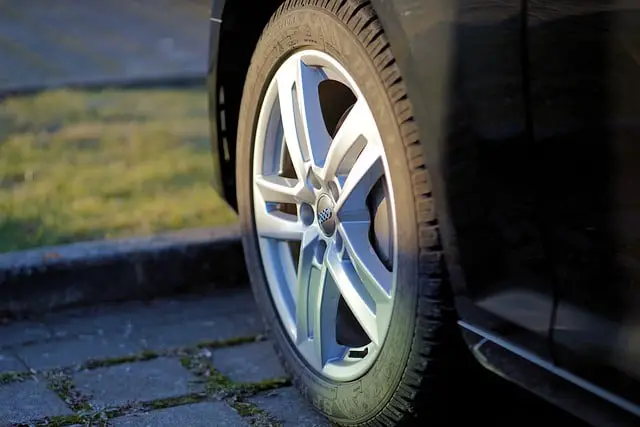Tyres are an essential component of your car and without them, you simply couldn’t drive. While you can expect your tyres to be made of durable materials with technology that protects them for the most part, sometimes they can pop, leaving you stranded until you replace your tyre or a professional comes to recover your vehicle.

According to National Highways, tyre-related breakdowns are a cause for concern that drivers should be aware of. Being vigilant means ensuring your tread depths are the legal limit, your tyre is inflated to the right pressure, and checking for cuts or bulges before any journey.
However, even the most cautious driver can suffer a puncture on the road and fortunately, many cars come with spare tyres as standard. While this tyre is for emergencies, you must care for it to ensure it performs when you need it most.
So, if you own a spare tyre and want to know how to care for it, our guide can help. Continue reading to get all the care tips you need for your spare tyre.
What is the proper use for a spare tyre?
Before exploring the ways you can care for your spare tyre, we wanted to share the proper uses of one. This should help you abide by road laws, meaning you can avoid penalties and fines through improper use. They should be used only as follows:
- If you can no longer use your regular tyre
- To get to a garage that can replace your old tyre
- Ensure it’s free from damage and properly inflated before you drive on it
Cleaning your tyre
Before storing your tyre, you should thoroughly clean it to remove dirt and contaminants before they can cause deterioration. To do this, simply use a mild detergent and water with a sponge then leave it to dry.
Storing your tyre
Once it’s clean, it’s time to store it properly. If you’re putting it in your car, simply place it in the designated space in your boot for it. Alternatively, if you’re storing it at home, do the following:
- Put them in a protective cover
- Find a dry space inside with a stable temperature
- Avoid placing them in sunlight or near generators, fuel, or furnaces
Caring for seasonal tyres
If you buy seasonal tyres to improve your car’s performance and safety during certain months of the year, you’ll need a place to store them until you put them back on when the weather changes.
Store your seasonal tyres in the same ways described above but for summer tyres, make sure the storage room temperature is above 7°C and winter tyres below that to ensure the rubber compound isn’t damaged in storage.
